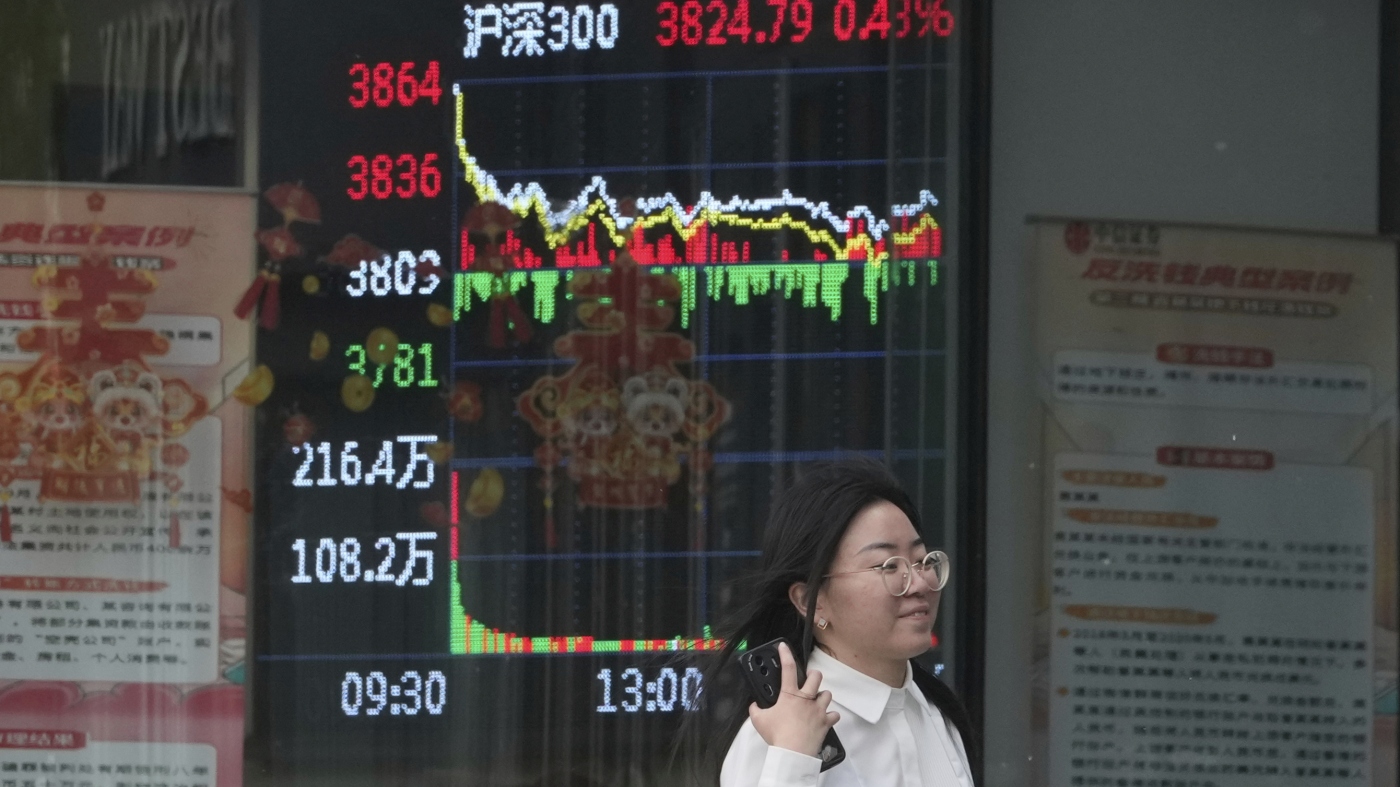The Geopolitical Chessboard: Decoding the U.S.-China Trade Talks in Switzerland
A High-Stakes Diplomatic Gambit
The choice of Switzerland as the neutral ground for U.S.-China trade talks is no accident. Geneva, a city synonymous with diplomacy, now hosts a modern economic showdown between the world’s two largest economies. This meeting between U.S. Treasury Secretary Scott Bessent, Trade Representative Jamieson Greer, and China’s economic czar He Lifeng isn’t just about tariffs—it’s a litmus test for whether these superpowers can navigate their rivalry without derailing the global economy.
Why These Talks Matter More Than Ever
The U.S.-China trade war has evolved from a bilateral spat into a defining feature of 21st-century geopolitics. With billions in tariffs disrupting supply chains, inflating consumer prices, and rattling financial markets, the stakes transcend economics. These talks are a rare opportunity to recalibrate a relationship that has grown increasingly adversarial.
– Economic Realities: Both nations are feeling the pinch. American businesses grapple with higher costs, while China’s export-driven economy faces mounting pressure. A prolonged standoff risks triggering a global slowdown.
– Political Calculus: For the U.S., the talks come amid election-year pressures. For China, they represent a chance to stabilize relations without appearing weak. Neither side can afford a complete breakdown.
The Swiss Neutrality Factor
Switzerland’s role as mediator is deliberate. Unlike Washington or Beijing, Geneva offers a depoliticized setting where both sides can negotiate without domestic posturing. This choice signals a mutual, if cautious, willingness to engage seriously. Historically, neutral venues have facilitated breakthroughs—think of the Iran nuclear deal or Cold War-era summits. Could Switzerland work its magic again?
The Tariff Tango: What’s on the Table?
While a grand bargain is unlikely, incremental progress is possible. Key discussion points include:
– The U.S. may push for structural reforms in China’s industrial policy.
– China will demand relief from existing tariffs, particularly on technology and manufacturing.
– Both nations rely on each other’s markets, but “decoupling” remains a looming threat. Expect talks on safeguarding critical industries like semiconductors and rare earth minerals.
– The U.S. has long accused China of intellectual property theft and forced tech transfers. Any agreement must address these grievances to prevent future flare-ups.
The Domino Effect on Global Trade
The ramifications extend far beyond Washington and Beijing:
– Allies and Adversaries: Europe, Japan, and Southeast Asia are watching closely. A U.S.-China détente could ease trade uncertainties; a collapse might force nations to pick sides.
– Emerging Markets: Countries dependent on Chinese investment or American consumption face economic turbulence if talks fail.
Possible Scenarios: From Breakthrough to Breakdown
– A phased reduction of tariffs, coupled with a framework for future negotiations. This could stabilize markets and buy time for deeper discussions.
– No major concessions, but an agreement to keep talking. Markets would remain uneasy, but outright escalation is avoided.
– Talks collapse, leading to fresh tariffs and retaliatory measures. The global economy braces for another wave of disruption.
Conclusion: A Test of Economic Statecraft
The Geneva talks are more than a trade discussion—they’re a referendum on whether the U.S. and China can coexist as strategic competitors without destabilizing the world. While hopes for a sweeping deal are slim, even modest progress could avert further economic fallout. The world’s economic future hinges on whether these two giants can find a narrow path to compromise.
As the negotiations unfold, one thing is clear: in the high-stakes game of global trade, there are no winners in a prolonged conflict—only survivors. The question is whether Washington and Beijing will choose pragmatism over pride.











